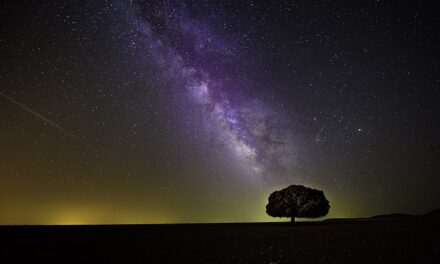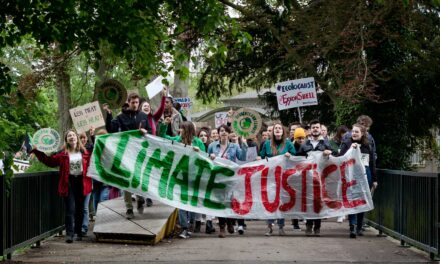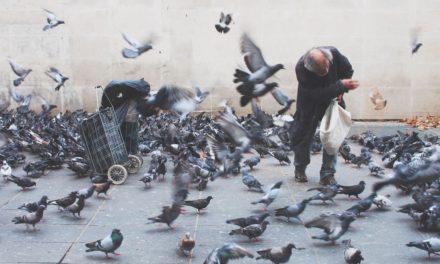Let me tell you about Don. He’s a retired DC firefighter, about to turn 89, living alone in his Maryland apartment. Father of six, grandfather to a tribe, he’s an Irishman, and darn proud of it. Around the start of the pandemic, he dropped me a line out of the blue, a reader offering his take on my novel Beneath the Same Stars. Since then, we’ve struck up a fairly regular email correspondence. We share stories about family escapades, our bad knees, the loved ones we’ve lost and are losing, the dear ones who take care of us and bring us joy. We banter about politics and public health and books and the best way to cook broccoli. We swap original poems. We joke a lot, tossing around dry one-liners.
I’ve never met Don. Yet he calls me “Dearie” and “Kid,” with no trace of sexism or condescension. My impression is that he’s always adopting strangers into his tribe, and I smile to be among them. Perhaps his friendship helps me compensate as I watch my elderly father decline, far from my reach. For the first time, on Father’s Day, Dad didn’t recognize me when we tried a video chat.
In our latest email exchange, Don and I were discussing kindness—how every act of kindness matters; how it’s a “pebble in the water” whose ripples spread in ways we’ll never be aware of. That was a lesson, Don acknowledged, that he carried with him from his twenty years on the streets as a firefighter. He told me how, early in his career, he saw an officer in his department slip some money to a woman standing on the sidewalk, surrounded by her children, staring at the remains of their burned-out apartment. It was something that Don saw this officer do often. The quiet gesture made an impression on him, and through the years, he kept money in his own pocket to do the same.
“I know that kindness happens everywhere, uptown and downtown,” Don wrote. “But when someone is really out of luck, kindness is heavenly.”
On July 2, here in my town of Brookings, South Dakota, a 10-year-old boy went missing. After hours of searching, authorities found his bike and sandals lying in the grass at the edge of a pond. Early the next morning, the Fire Department drained much of the water. A dive team soon located the boy’s body.
His name was Molu Zarpelah. He had immigrated to the U.S. with his mother and sisters from Liberia when he was only four. His father had already come over to establish himself, hoping to provide a better life for his family than he could in his home country.
Molu didn’t know how to swim. But from what I understand, the rising fifth-grader did know how to give the biggest, warmest hugs. How to greet his teachers and classmates every day with high-fives. How to dance for joy and show off his new moves. How to tutor his sisters on their homework. How to dream: he wanted to go to college, then play football for the Philadelphia Eagles.
From his school to his church to his neighborhood, many in Brookings are sorrowing over Molu Zarpelah. Tomorrow the town will join with Molu’s parents and four sisters to celebrate his life, pandemic-style, socially distanced in a parking lot. Then, in the traditional Liberian way, those gathered will walk Molu to the cemetery, a mile away, that his soul might safely reunite with his ancestors in the afterlife.
I didn’t know Molu Zarpelah. But when he smiles at me from every photograph, I feel like I did. And because I’m a mother who can’t imagine my child drowning, I plan to walk in his funeral procession, out of respect for those who cherished him.
“Kindness is everywhere,” Don said, “uptown and downtown.” It’s where you are. It’s where I am. It can knit us together in troubled times; it can help us make the unbearable bearable. It can ripple out, even from the sidewalk near a burned-out apartment or the bottom of a drained pond. It can ripple out from our pockets and from our presence. It can ripple out to everyone in this world who is lost in pain and grief, to surround them with a bit of heaven.






